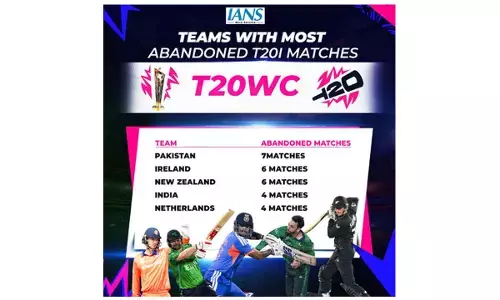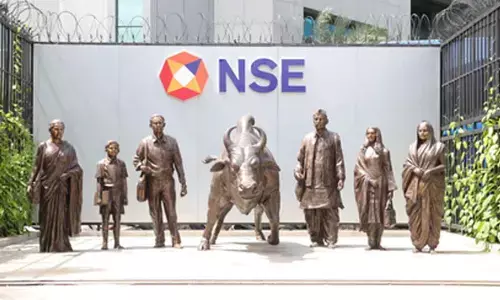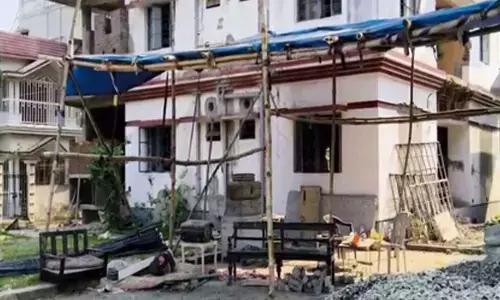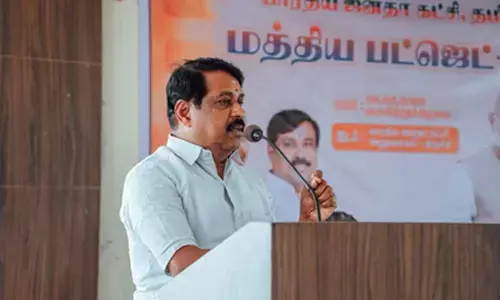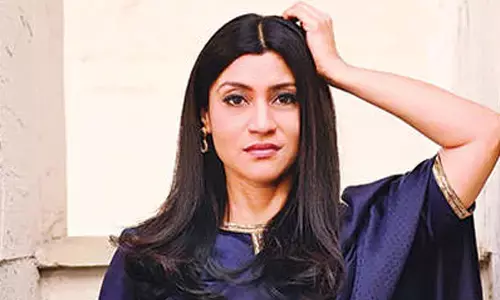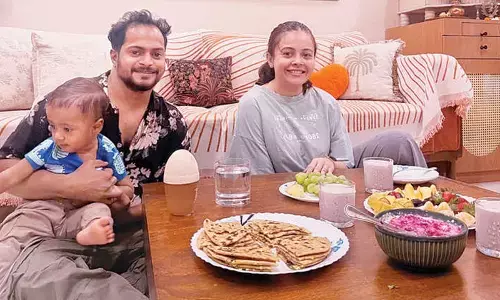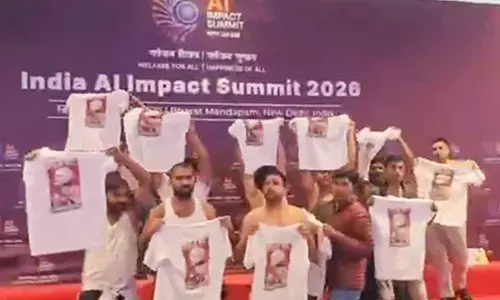Democratic Pulse: Power, People, and Progress
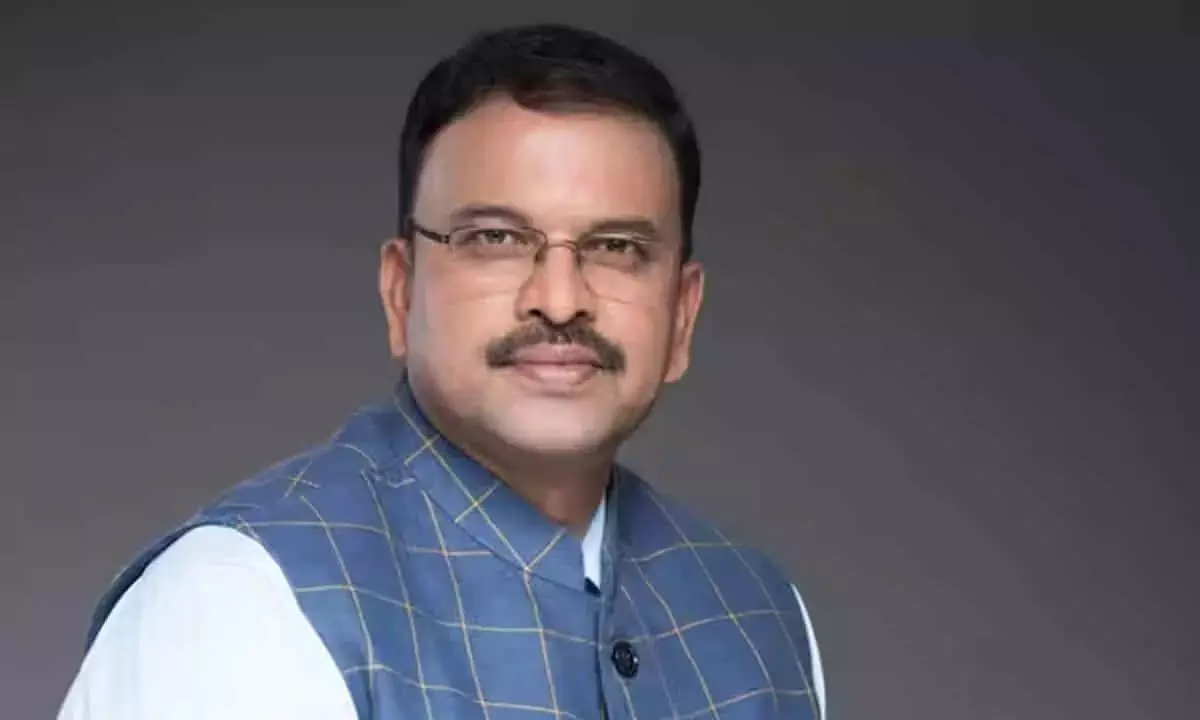
An exclusive interview with V V Lakshmi Narayana, retired Additional Director General of Police, Maharashtra, former Joint Director of CBI, and founder of Jai Bharat National Party
You are a mechanical engineer by education. What inspired you to join civil services?
I wanted to become a professor, as teaching has always been my passion. After completing my B Tech and M Tech, I decided to pursue a PhD, intending to seamlessly transition into a career in academia. Four of our friends decided to prepare for the civil service examinations, and remarkably, we all succeeded without any formal coaching or guidance. Based on my rank and preferences, I was selected for the IPS, marking the beginning of my journey in law enforcement.
You served in Maharashtra ATS. Can you share a significant case or operation?
I was allotted the Maharashtra cadre. I joined the police force as an ASP after completing my training in 1990. I served in various roles until 2006, when I was promoted as the Deputy Inspector General (DIG) of the Anti-Terrorist Squad (ATS). We received a tip-off about a large consignment of ammunition being smuggled into Maharashtra via the Arabian Sea. During a routine vehicle check, two vehicles attempted to evade capture, leading to a chase. Ultimately, we apprehended 22 suspects and seized 16 AK-47 rifles, 3,200 rounds of AK-47 ammunition, 47 kg of RDX, and 50 hand grenades. A group based in Aurangabad devised a plan to carry out large-scale attacks, targeting the then Chief Minister of Gujarat, Narendra Modi, and Pravin Togadia, the then chief of Vishwa Hindu Parishad, to avenge the Godhra incident. Our timely intervention in this operation prevented what could have been a catastrophic outcome.
As a Joint Director of CBI, you handled around 27 high-profile cases. How did you maintain impartiality and ensure thorough investigations under intense public and media scrutiny?
I had the privilege of serving with the CBI for seven years, during which I was involved in 27 high-profile cases referred by the High Court of Andhra Pradesh and the Supreme Court. High-profile cases attract heightened media and public scrutiny. Ensuring impartiality, safeguarding the innocent, understanding the circumstances under which the crime was committed, and carefully planning the investigation are all critical aspects. I have always prioritised my duty above all else, ensuring justice prevails. My professionalism is grounded in my unwavering belief in the law, the integrity of the investigative process, and accountability to the courts.
What are the most pressing challenges that law enforcement agencies face today, and how can they be addressed?
One of the most pressing challenges facing the police department is its limited workforce and the diversion of resources to duties beyond crime investigation and prevention. Multiple responsibilities place police officers under constant stress, often overstretching their capabilities. Historically, governments have viewed the police department as a cost centre rather than recognising its vital role in maintaining societal order. To effectively drive change and positively impact society, the police force requires not only sufficient resources but also greater authority. It is imperative that governments refrain from interfering in the operations of police and law enforcement agencies, allowing them to function independently and effectively.
What advice would you give young aspiring officers who wish to make a difference in law enforcement?
Aspiring law enforcement officers should stay grounded, engage with the community, and empathise with the public, who turn to police and enforcement agencies for assistance. It is vital that they do not confine themselves by setting rigid boundaries on their duties. It is essential for new officials to understand societal dynamics and public psychology and to avoid developing animosity towards individuals asserting their fundamental rights or reacting to crimes. Their focus should be patience, preparedness, perspective, and effective protection. I urge all young civil service recruits to prioritise crime prevention.
You joined the Jana Sena Party and then resigned to form your own Jai Bharat Party. Can you share your political journey?
After opting for VRS, I travelled through Andhra Pradesh and Telangana, inspired by a desire to serve the people. I initially entered politics by joining the Jana Sena Party but later chose to resign. Following this, I founded the Jai Bharat National Party with a vision to implement radical reforms in governance. My political journey is ongoing, and I remain dedicated to contributing to the betterment of society in every way possible.
You’ve organised and participated in nearly 60 blood donation drives. What’s your inspiration?
While I was a student in Chennai, I took part in a live blood donation drive, where I was deeply touched by the heartfelt gratitude of the parents of an infant who had just undergone heart surgery. Dr Cherian, a prominent cardiologist, emphasised the importance of regular blood donation. Since then, I’ve made it a personal practice, donating blood thrice a year, with 61 donations to date. I urge young people to donate one unit of blood each year on their birthday, especially to support children battling thalassaemia.
What are the key challenges democracies face globally?
The Economist ranks 92 democracies globally using around 60 parameters, placing India at 41st position. Abraham Lincoln famously described democracy as “of the people, by the people, for the people.” However, contemporary practices often distort this ideal: “of” becomes “off,” “for” becomes “far,” and “by” becomes “buy.” Democracy empowers citizens, yet many feel neglected and deprived of fully enjoying their fundamental rights. Media organisations are crucial in upholding democracy by evaluating the performance of the legislature, executive, and judiciary and educating the public.


